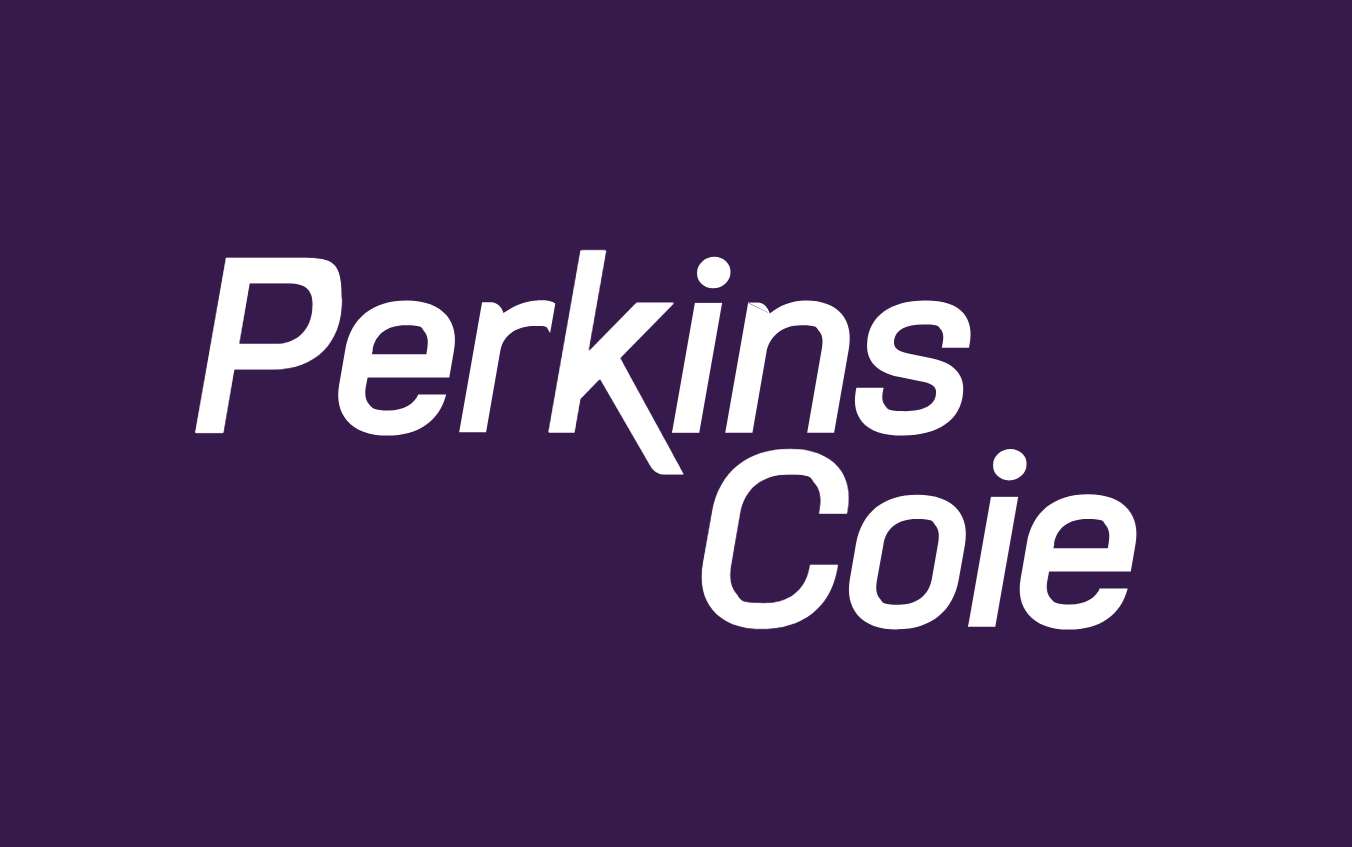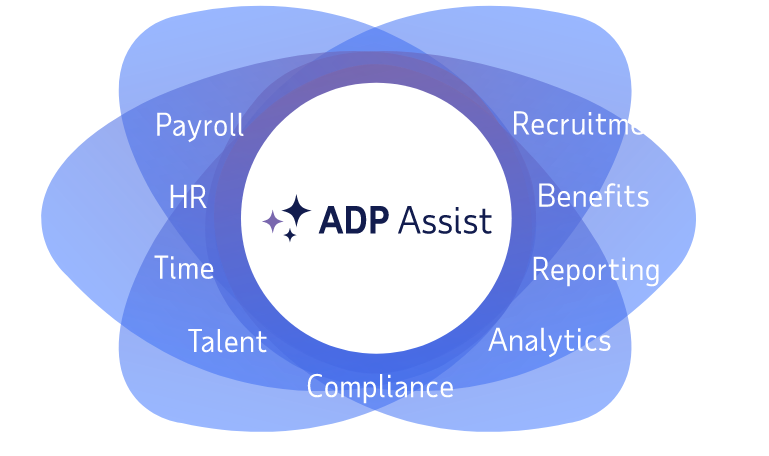There are many reasons Document Management Software (DMS) is better than traditional paper filing systems, from superior organization and security to increased productivity and profitability.
Using a paperless office is a win-win for both businesses and their customers. It allows them to be more transparent with customers and improves office efficiencies. The biggest benefits of such a system are:
- Financial: Mailing millions of customers’ paperwork, such as statements and notices, each month can become expensive. A robust DMS system enables archived and stored emails to be sent via traditional emails, and, if integrated into a secure web portal, confidential files can be sent securely via the web. This saves a vast amount of money in printing costs and postage.
- Saving Business Time: A good DMS allows employees to be utilized for more important purposes than pushing paper. DMS is a management tool that reduces paper dependency so that folding and stuffing envelopes becomes a thing of the past. Perhaps the biggest savings realized by businesses is in time spent searching for client information and missing or misplaced files. All documentation is at your fingertips with a simple click of the mouse.
- Saving Customers Time: Instead of calling to find out if or when a transaction has come through, customers can simply view their transactions and statements online, even from a smartphone or tablet. This decreases telephone hold times and creates more satisfied customers.
- Compliance: Businesses must comply with many different legal standards and maintain secure systems to protect their customers’ important information. Many companies must also follow complex statutes and regulations, including those set forth in the USA Patriot Act, the Right to Financial Privacy Act, and the Fair Credit Report Act, all of which can change from time to time. Using a secure, compliant DMS gives companies the peace of mind that their information and their customers’ information is being held in a safe and reliable yet easily accessible location.
- The Electronic Audit Trail: Many companies perform internal and external audits to make sure they are in compliance, as well as keeping accurate records of financial transactions. These audits are completed more efficiently and with fewer errors when a company uses a DMS with audit trail capabilities.
- Workflow: In a DMS system, workflow can be built into daily processes. Designating workflow is easier, makes more sense, and usually takes less time. Employees can easily find documents and needed information, while following all proper protocols and work procedures.
- Environmental: Changing to DMS is also better for the environment with less waste and chemicals discarded back into the environment. Plus, less paper is consumed and wasted, leaving more trees standing and a lighter carbon footprint.
Most businesses are aware that making the shift to paperless is necessary; however, many are going about it all wrong. When not correctly implemented, businesses miss out on major productivity and money saving benefits. More importantly, mistakes expose businesses and their clients to having personally identifiable information (PII) leaked or stolen. Some of the biggest mistakes companies make when it comes to using DMS include:
- A Disorganized Transition: Business constraints and imperatives often drive the pursuit of paperless operations, but expecting to complete the move to a paperless office in an unrealistic time frame can really throw off administrative and operational processes. Successfully implementing a paperless office solution includes a planned, structured transition with realistic timelines.
- Lack of OCR: Documents that are digitized into unreadable or unsearchable formats are useless. A robust document management solution needs to include a scanner, or optional software, with Optical Character Recognition (OCR) capabilities to truly leverage the power of paperless operations. Without OCR, the contents of documents, tables, spreadsheets and presentations cannot be 100% recognized as searchable content and, therefore, cannot be found or copied.
- Non-existent or Inadequate Data Backup: An organization’s data backup process is a vital component of its overall disaster recovery plan. While document management services do digitize and help an office manage paperwork more efficiently, these electronic documents also need to be backed up as part of a business continuity plan. A non-existent or inadequate data backup plan could have an adverse fiscal and reputational impact on a company.
- Restriction to a Desktop Computer: In a world that relies on the increased mobility and portability of data, the paperless office needs to extend beyond the boundaries of the office building. Another common mistake organizations make when they go paper-free is using a document management solution that does not offer secure, cloud-based access or the ability to access documents through a mobile app. A 256-bit encryption at rest and in transit is the recommended a minimum level of security.
- Non-Compliant Storage and Sharing: Governance standards, international law and global financial regulatory requirements require an organization to provide verifiable and timely access to digital records. The proper establishment of role-based security, audit trails, versioning control and other means of controlling access to documents containing sensitive information is a necessary step for security purposes.
Businesses can easily avoid these common pitfalls and develop their DMS system into a great addition to their business. DMS systems make paperwork more secure, more organized, and more efficient, providing an easy way to make workflow smoother and productivity soar.
—————
Matt Peterson is the CEO of Lehi, Utah based eFileCabinet, Inc. Founded in 2001, eFileCabinet, Inc. began as a cutting-edge tool to digitally store records in accounting firms. As it grew in popularity, eFileCabinet developed into a full-fledged electronic document management solution designed to help organizations capture, manage and protect their data. www.efilecabinet.com
Thanks for reading CPA Practice Advisor!
Subscribe Already registered? Log In
Need more information? Read the FAQs
Tags: Firm Management, Technology



